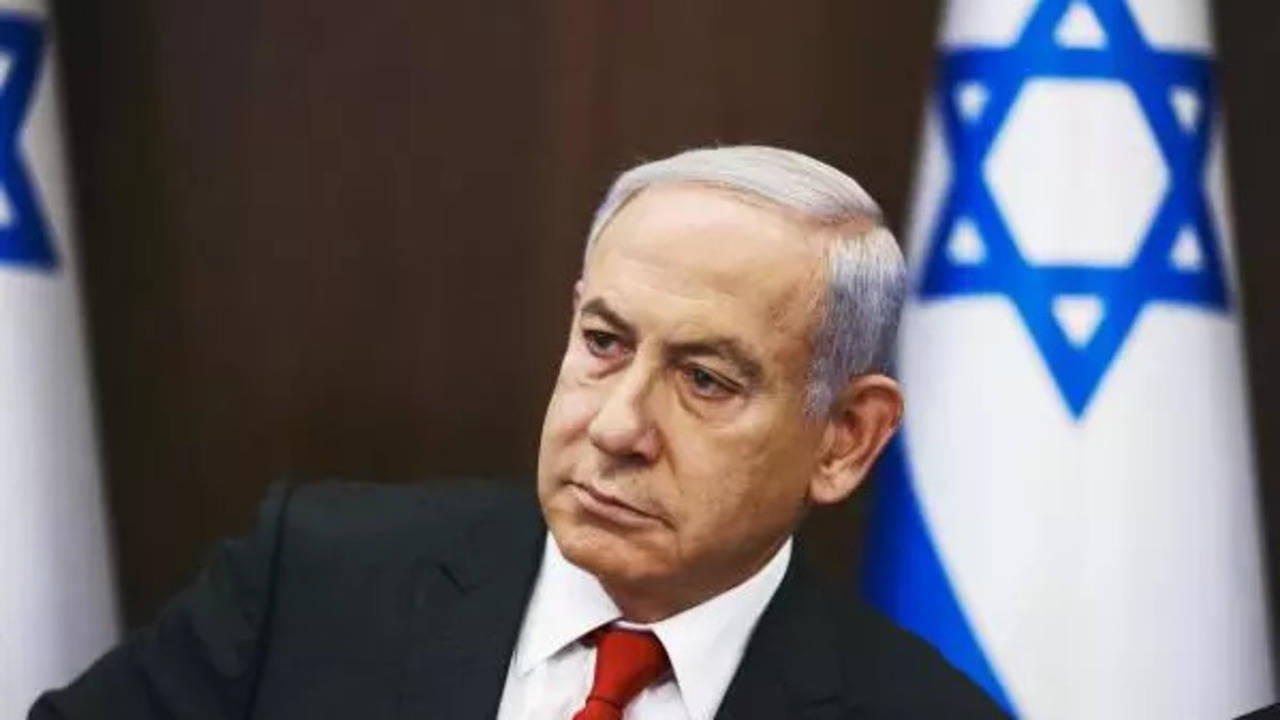Table of Contents

Israeli Prime Minister Benjamin Netanyahu confirmed today that Israel assassinated Hashem Safieddine, the projected new Hezbollah leader, during an airstrike in Beirut last Thursday. Safieddine was supposed to take over from Hassan Nasrallah, the longtime leader of Hezbollah. Furthermore, Netanyahu said that Israel had removed Safieddine's own heir, albeit he did not elaborate on this individual.
Targeting Hezbollah Leadership
In a video message directed to the Lebanese public, Netanyahu asserted that Israel has successfully “degraded Hezbollah’s capabilities,” describing the organization as “weaker than it has been for many, many years.” The prime minister emphasized Israel’s continuous war against Hezbollah, saying that hundreds of Hezbollah militants, including Nasrallah and two of his successors, had died as a result of the recent bombings.
This is a message to the people of Lebanon: pic.twitter.com/btMQR0Xwtn
— Benjamin Netanyahu – בנימין נתניהו (@netanyahu) October 8, 2024
The statement emphasized Israel's determination to reduce Hezbollah's sway over the area. According to Netanyahu, the latest strikes are part of a calculated attempt to degrade Hezbollah's command structure by undermining the organization's leadership and interfering with its activities.
Addressing the Lebanese People
Netanyahu urged the Lebanese people to “take back” control of their nation from Hezbollah throughout the whole video. He called Lebanon’s current situation a “significant crossroads” and asked its people to make decisions that would lead to “peace and prosperity.” He drew attention to the wider toll that the prolonged conflict has on Lebanon and issued a warning that people are at risk from Hezbollah’s assaults from heavily populated regions.
In his plea, Netanyahu outlined the chance for a more quiet and prosperous future and stated that he thought the Lebanese people deserved to "restore Lebanon to its days of tranquility." Emphasizing national unity, he invoked the phrase, “One Country — One Flag — One People,” echoing the U.S. Pledge of Allegiance in an appeal for Lebanese national pride.
Call to Action Against Hezbollah
The Israeli leader framed his speech as a call to action, pushing the Lebanese to rise up against Hezbollah, which he branded as the greatest impediment to peace between Lebanon and Israel. He emphasized that the group’s actions pose a danger to Israel and restrict Lebanon’s capacity to recover economically and maintain regional stability.
Netanyahu’s statement offered a stark option for Lebanese civilians, pushing them to seek a future free from the influence of Hezbollah. He insisted that the only way for Lebanon to find peace again and spare itself the expenses of more hostilities with Israel is by breaking away from Hezbollah. In closing, he exhorted the people of Lebanon to "free your country from Hezbollah" and to concentrate on creating a wealthy and peaceful country.
Strategic Implications for Israel
This most recent event supports Israel’s wider regional policy by indicating that it would maintain a tough posture against Hezbollah. According to analysts, taking aim at Hezbollah’s leadership might tip the organization’s power dynamics and make it more susceptible to internal discord or factional splits. The long-term efficacy of these strikes is still unclear, though, since Israel’s stance may lead to more escalation with Hezbollah affiliates and sympathizers.
A change in Israeli policy is evident in Netanyahu's message to Lebanon, which emphasizes not just military operations but also political and psychological attempts to weaken Hezbollah's power in Lebanon. Speculation suggests that this tactic may be a part of a larger plan to incite dissatisfaction among Lebanese citizens in order to undermine Hezbollah internally.
Regional Reactions and Future Prospects
Israel’s recent measures and Netanyahu’s speech are expected to elicit reactions from regional players, notably Iran, a significant Hezbollah ally, as long as tensions remain. Although Hezbollah is a strong political and military force in Lebanon, Netanyahu’s message speaks directly to the civilian population there, making any short-term shifts in power unlikely.

